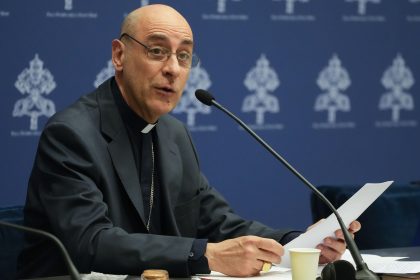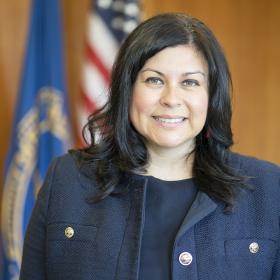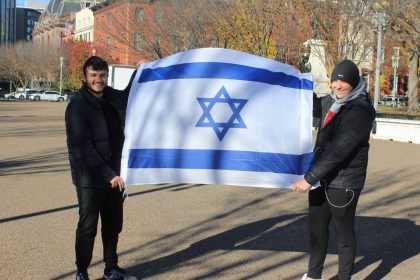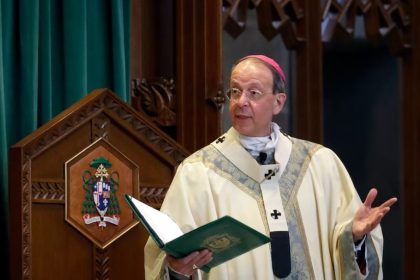U.S. Supreme Court Allows Ban to Remain for Religious Ads
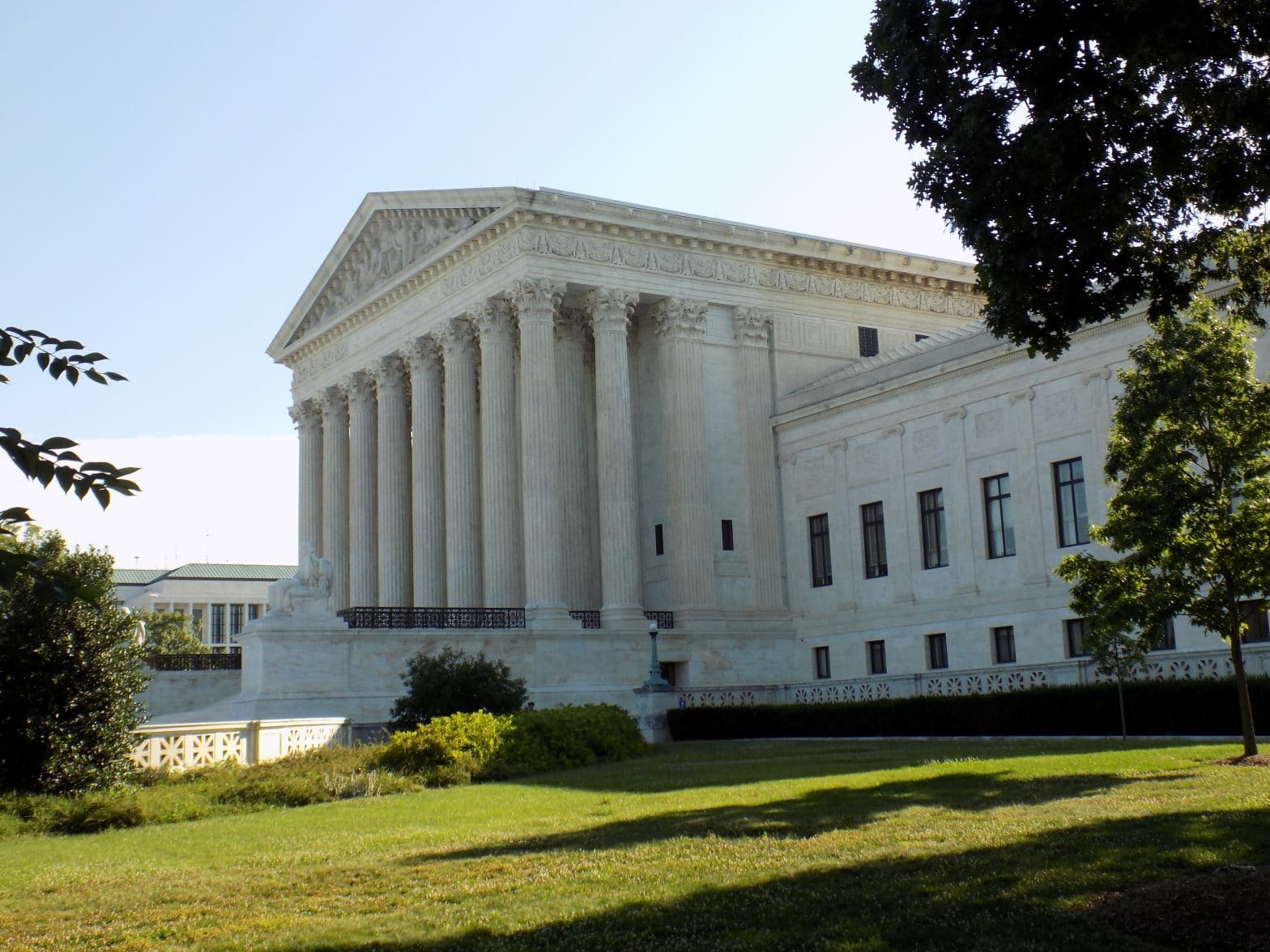
WASHINGTON – The U.S. Supreme Court declined this week to review a lower court ruling that allows the Washington, D.C. transit system to ban religious ads.
As a result, transit agencies now have the discretion to prohibit religious, political and issue-oriented messages that previously were found frequently on buses, trains and station walls.
The Washington Metropolitan Area Transit Authority instituted its ban in response to complaints about an ad that linked Islam to terrorism.
The ban soon was challenged in a lawsuit by the Catholic Archdiocese of Washington. Other groups, such as the American Civil Liberties Union and People for the Ethical Treatment of Animals, joined to support the lawsuit.
They argued that as a publicly-funded organization, the transit agency’s ban violated the First Amendment guarantees of freedom of religion and freedom of speech. They also claimed a violation of a federal law that protects religious rights called the Religious Freedom Restoration Act.
The Archdiocese claimed a right to sue in the case after it tried in 2017 to place Christmas-oriented ads on buses and subway trains.
They showed silhouettes of three shepherds and a shining star with a message “Find the Perfect Gift.” The ads encouraged acts of charity and listed a website link to find Mass schedules.
Washington Metropolitan Area Transit Authority officials refused to run the ads, citing their ban after controversy over the anti-Islam posters.
Former U.S. Solicitor General Paul Clement represented the Archdiocese. He accused the transit agency of inconsistencies with its policy that were unfair to the Archdiocese.
Clement wrote in a court filing, “If Amazon or Macy’s had wanted to run an advertisement with the same text and graphics or with reindeer instead of shepherds, there is no question that WMATA would have readily accepted the advertisement.”
A U.S. Court of Appeals for the District of Columbia Circuit opinion written by Judge Judith Rogers agreed with the transit agency.
“Were the Archdiocese to prevail, WMATA (and other transit systems) would have to accept all types of advertisements to maintain viewpoint neutrality, including ads criticizing and disparaging religion and religious tenets or practices,” the opinion says.
The case was likely to have turned out differently if not for a conflict of interest by Supreme Court Justice Brett Kavanaugh.
Kavanaugh, a conservative, was a member of the U.S. Court of Appeals when it issued its ruling in 2019. As a result, he had to recuse himself from the case this year.
Without Kavanaugh, the Supreme Court would have deadlocked 4-to-4. Rather than face a deadlock, the Court declined to hear the case.
“Because the full court is unable to hear this case, it makes a poor candidate for our review,” conservative Justice Neil Gorsuch wrote in a statement to explain the Court’s decision.
If Kavanaugh had participated “our intervention and a reversal would be warranted,” Gorsuch wrote.
The Washington Metropolitan Area Transit Authority said the Court’s action verified its policy was correct. The Supreme Court “decided not to review the well-reasoned decision of the D.C. Circuit upholding WMATA’s advertising guidelines,” the transit agency said in a statement.
The Washington transit agency lawsuit was one of four religious cases pending before the Supreme Court.
Others challenge a Montana law banning state funds for religious education, employer discretion to deny women health insurance coverage for contraceptives on moral grounds and refusals by Catholic agencies to grant foster care of children to gay and lesbian couples.
The case is Archdiocese of Wash. v. Wash. Metro. Area Transit Auth., U.S. Sup.Ct., No. 18-1455, review denied April 6, 2020.


















